Beyond the Box Office: “The Glass Castle” - A Missed Cinematic Opportunity
In our weekly “Beyond the Box Office” feature, we highlight films that, while not gracing Russian cinemas, might still be worth your attention. This week, we delve into the adaptation of Jeannette Walls’s memoir, “The Glass Castle.”
Rex and Rose Mary Walls were staunchly anti-establishment, distrusting taxes, police overreach, and any intrusion into their private lives. They were perpetually searching for the ideal, secluded place to settle down. They raised their four children in a whirlwind of dreams and travel romance, but at the cost of their education and social skills. Years of nomadic living left young Jeannette far from happy. Eventually, she broke away from her parents and siblings. However, her past catches up with her, forcing her to confront the poverty, instability, and uncertainty that defined her childhood.
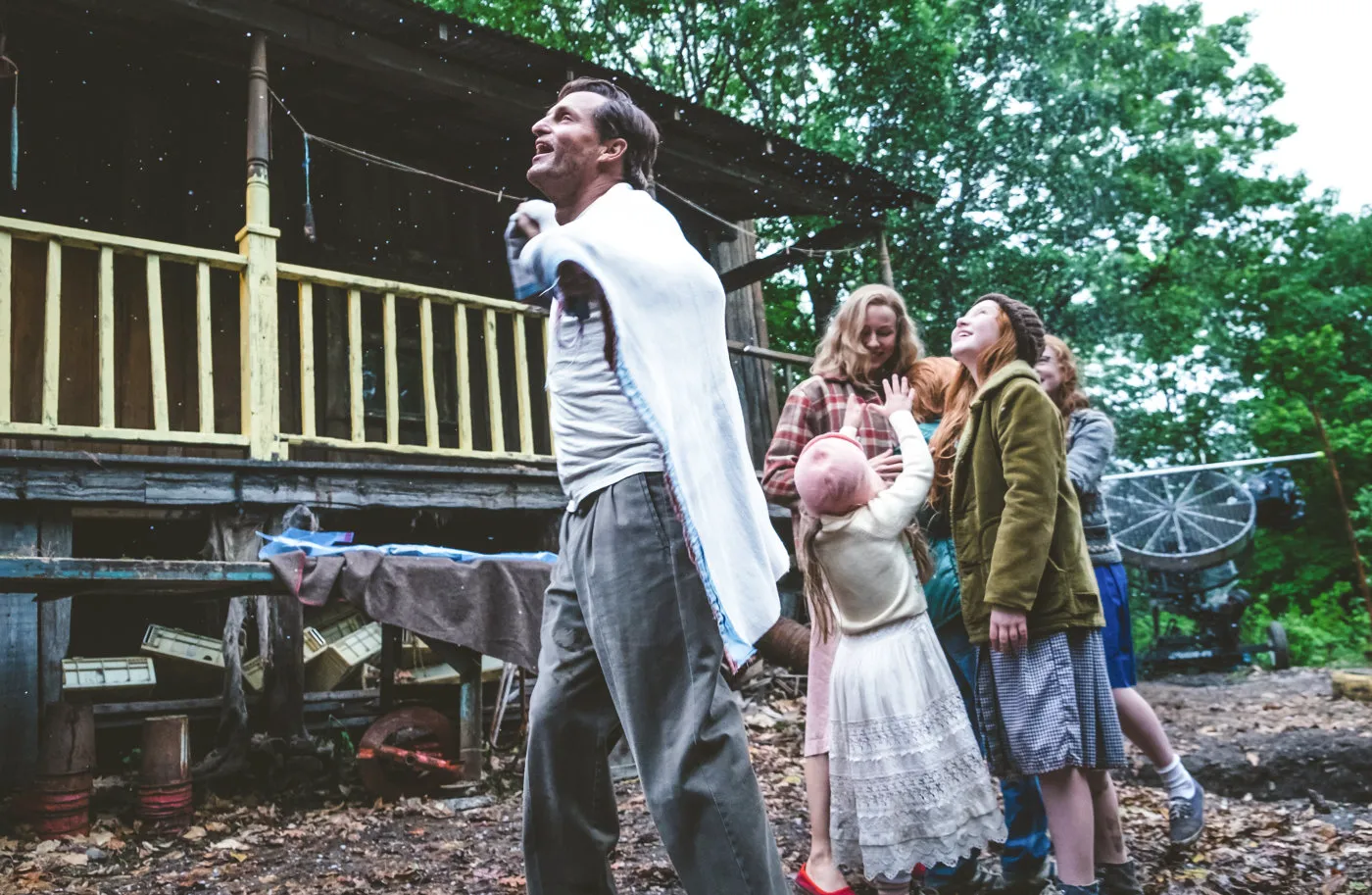
Adapting great literature for the screen is a challenging endeavor, often fraught with pitfalls. The mediums of film and books differ significantly in their storytelling approach, character portrayal, atmospheric creation, and meaning conveyance. What resonates on the page doesn’t always translate effectively to the screen, and vice versa. Visual imagery can sometimes compensate for the drawn-out nature of novels. The film adaptation of Jeannette Walls’s bestseller, “The Glass Castle,” is a prime example of a disappointing cinematic venture, failing to capitalize on its source material despite the actors’ efforts, the relevant themes, and the audience’s initial interest. In this case, the saying “The book is better” should be changed to “The movie is worse,” which is not the same thing.
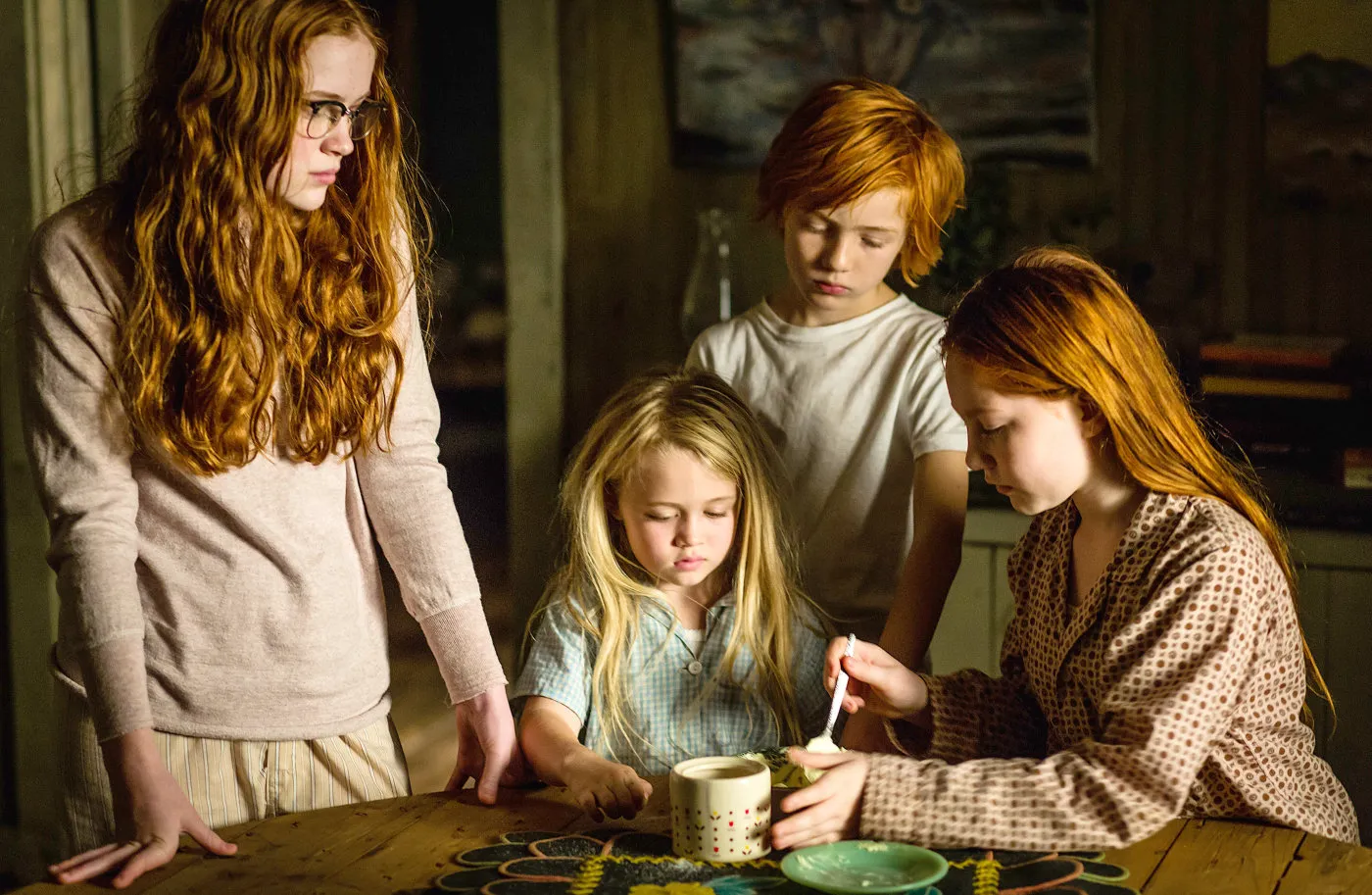
Jeannette Walls’s “The Glass Castle” remained on the New York Times bestseller list for 261 weeks, selling over 2.7 million copies and being translated into 22 languages.
Walls’s book became a literary phenomenon in 2005, a guide to maintaining optimism in the face of adversity, a lifeline for those who have lost faith in themselves and in miracles, a support for the desperate, and a springboard for the bold. The memoir recounts the life of a girl who never had a permanent home, the story of a family constantly on the run, living in old train stations, trailers, tents, or abandoned houses. It’s a tale of a mother devoted to art and a father struggling with alcoholism. Despite the tumultuous nature of Jeannette’s life, she always found moments of joy, dreams, and games, though happiness was often elusive. Yet, she not only survived but thrived, achieving professional success and building the stable family she never had.
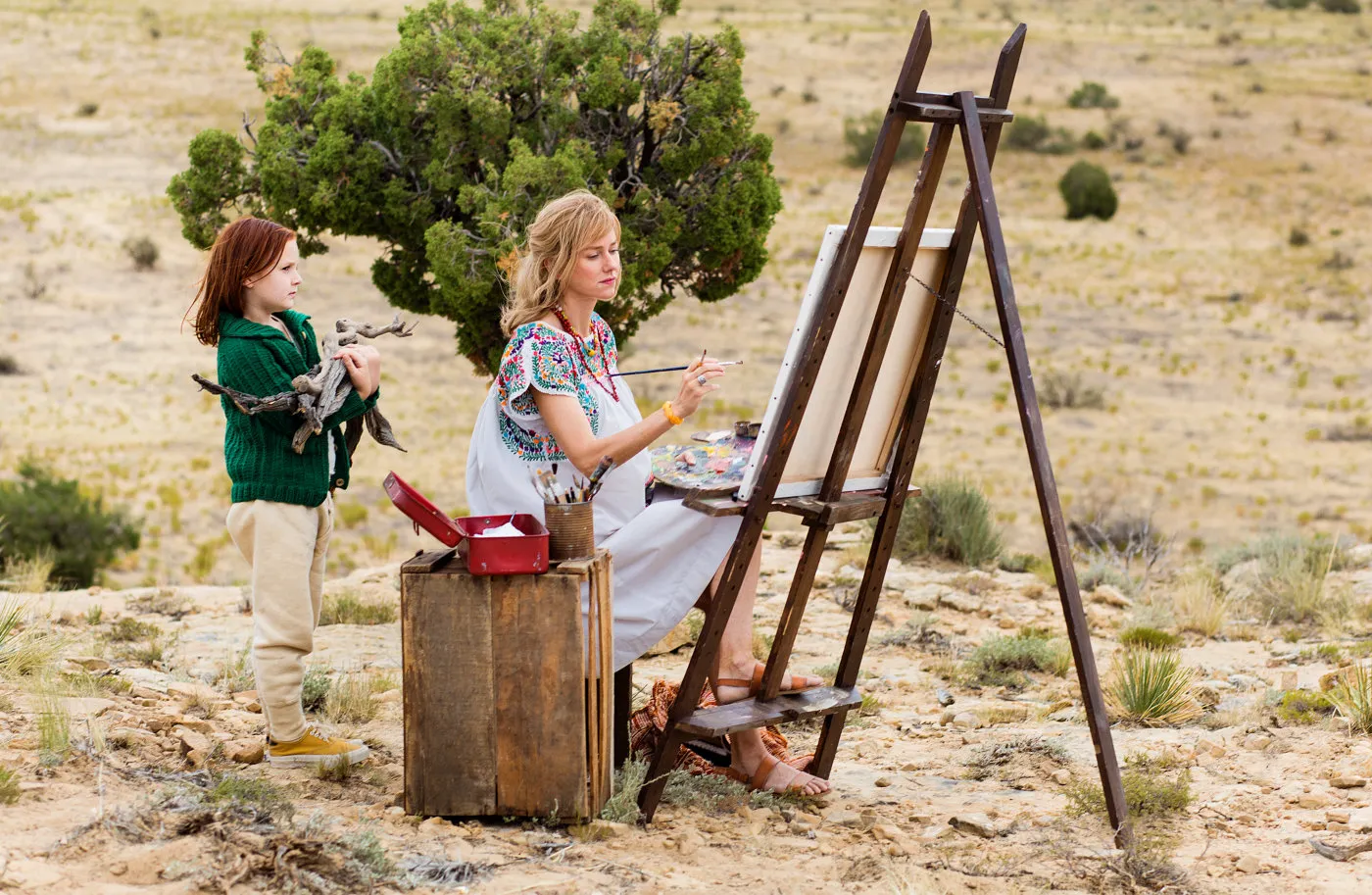
Jennifer Lawrence, Mark Ruffalo, and Claire Danes were initially slated to play the three main characters, but scheduling conflicts forced them to withdraw from the project.
Such a compelling story had the potential to be a powerful film. At one point, Jennifer Lawrence, Woody Harrelson, and director Gary Ross, the trio behind “The Hunger Games,” were attached to the project. However, since the film’s initial announcement in 2007, numerous scriptwriters have taken their toll, ultimately distorting the book beyond recognition. Jeannette’s story lost its heart, its clear direction, and its nuanced portrayal of the protagonist’s relationship with her parents and her past.
A Flawed Adaptation
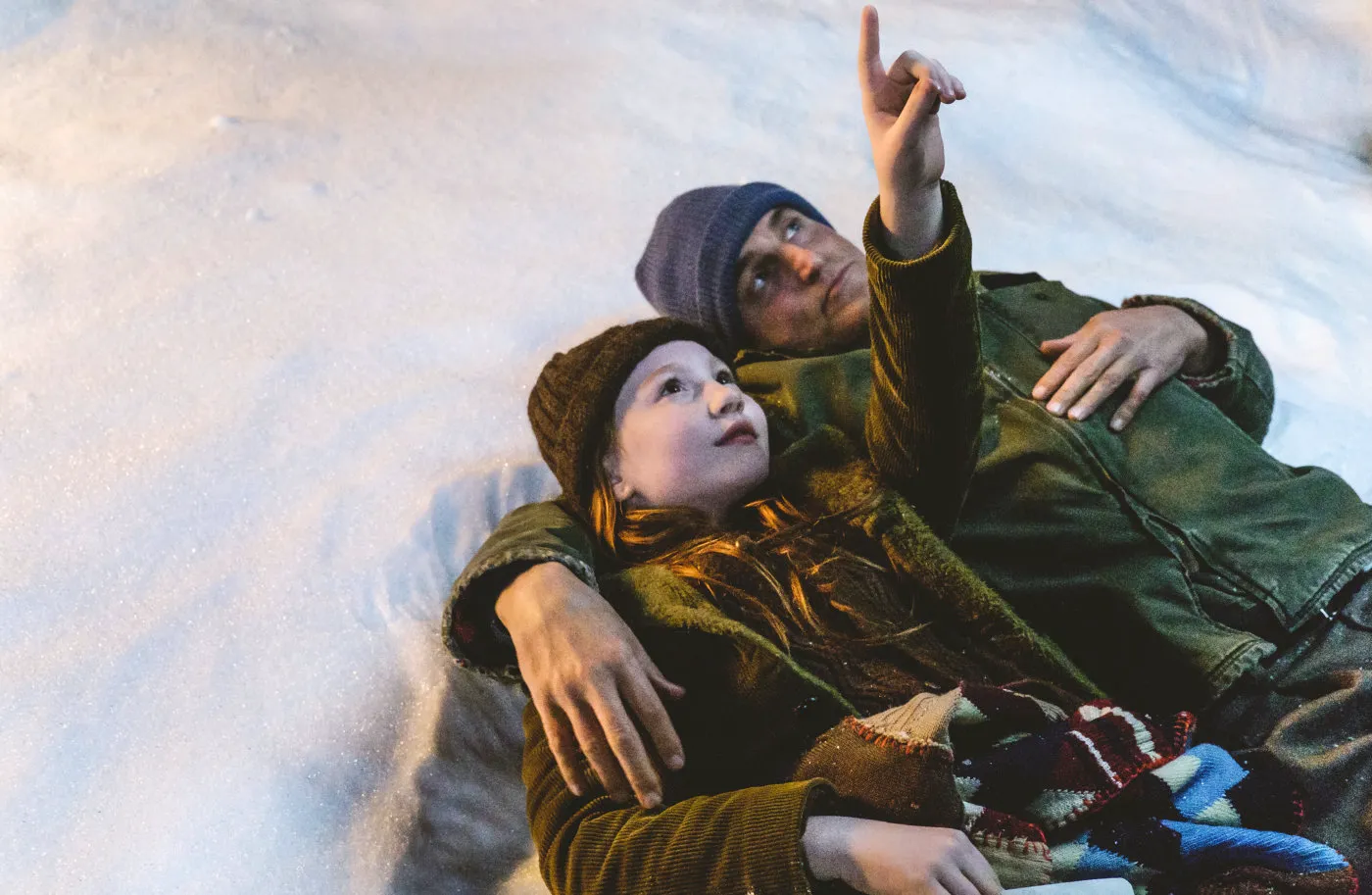
Director Destin Cretton faced a challenging task, particularly given the American cultural context, where interfering in family matters is generally frowned upon, and parents have considerable freedom in raising their children. Moreover, the market is saturated with films about dysfunctional families, making it difficult to stand out. This requires talent and skill, qualities that the director seems to lack. “The Glass Castle” is a weak and spineless film, relying solely on the audience’s emotional response to the numerous arguments and reconciliations.
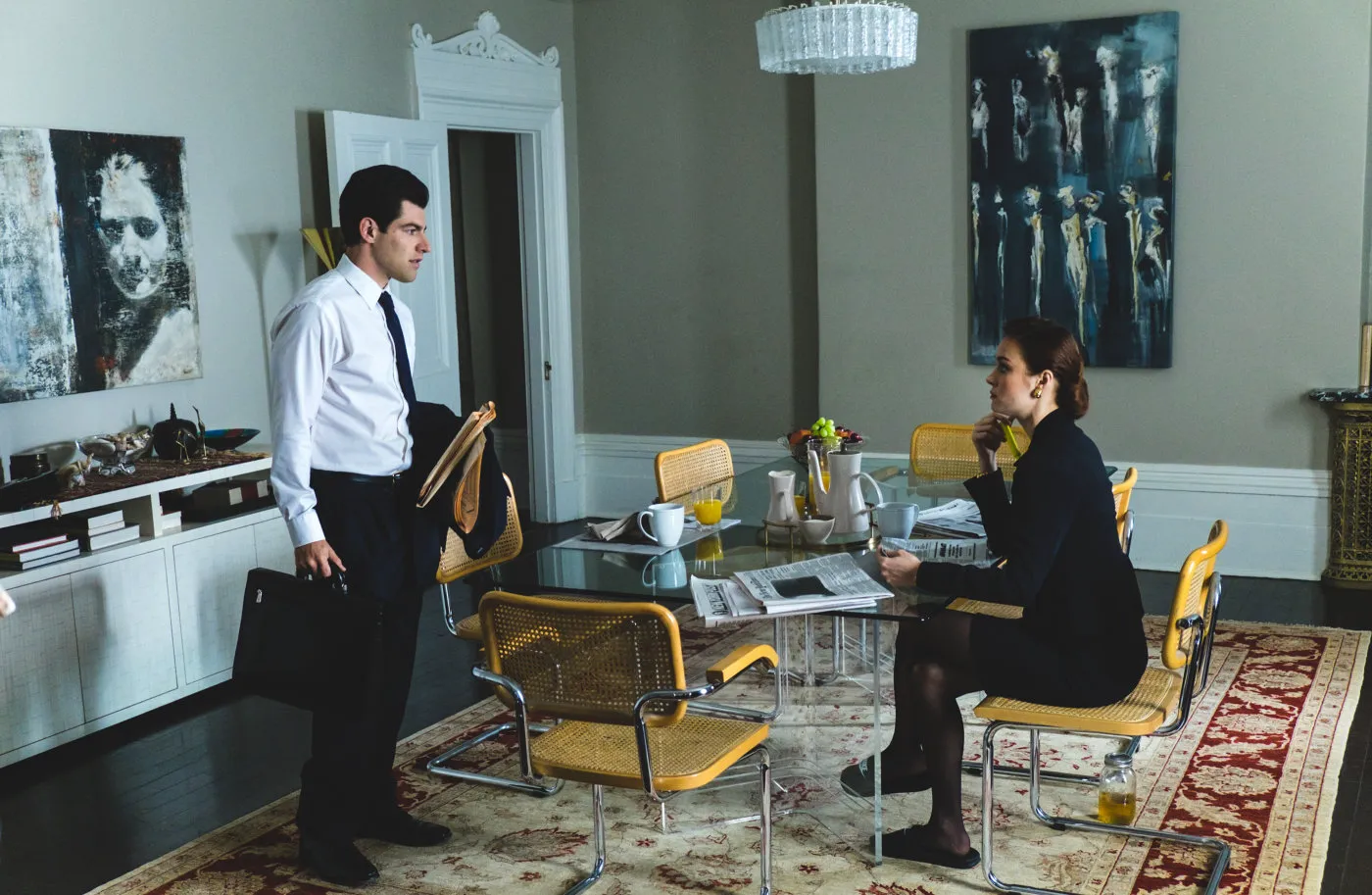
From a melodramatic perspective, the film is passable. It might evoke tears while watching it with a cup of tea and a blanket. However, the emotional manipulation feels artificial and even vulgar. Characters repeatedly recount the same stories about gifted stars, a perverted grandmother, hunger, and burns, all in an attempt to elicit tears from the audience. Otherwise, why endure 130 minutes of clumsy torture? One can enjoy seeing Woody Harrelson again, but he appears in enough films to warrant a less tedious occasion.
The Unanswered Questions
Ultimately, “The Glass Castle” fails to address the central questions: What should be done with nomadic families like the Walls? Is a special approach needed? Should such parents be stripped of their parental rights? Should they be imprisoned, or should all flowers be allowed to bloom? And how can grown children who feel deprived of happiness and replaced with an alcoholic-abstract surrogate be supported? Society is not yet ready to provide answers, and the film only further complicates the situation. “The Glass Castle” remains a dangerous dream that will cut many generations of romantics.